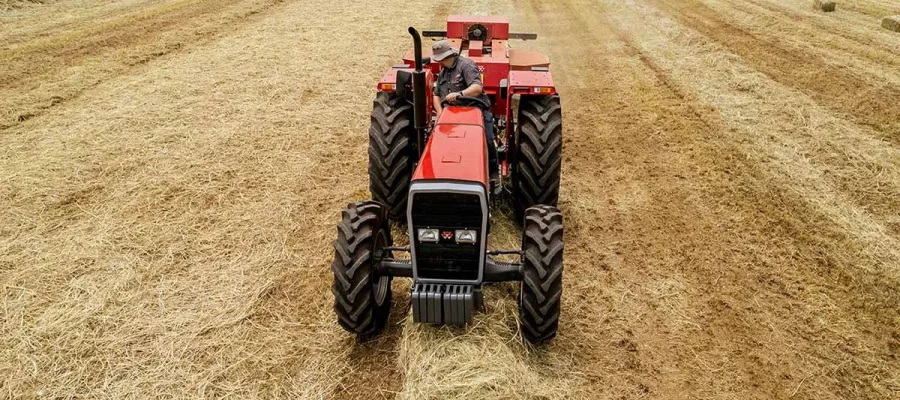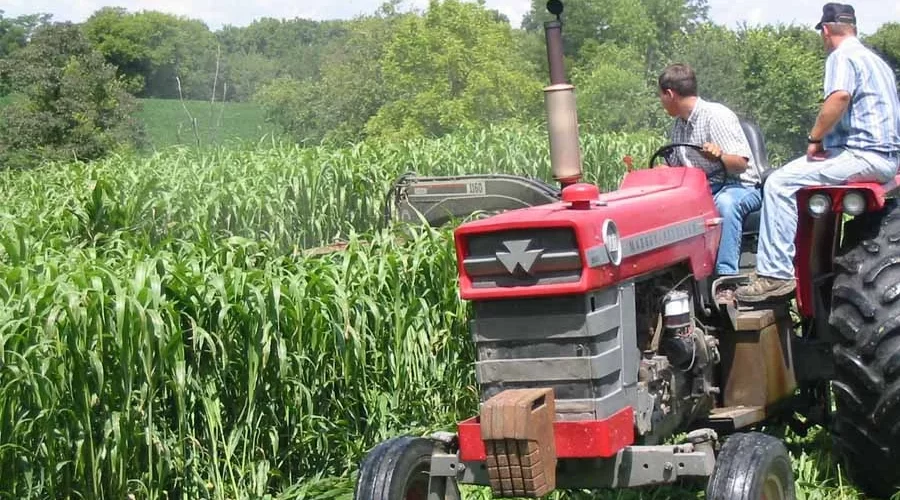
- November 26, 2024
- By: Massey Ferguson Somalia
- in: Agricultural Machinery, Massey Ferguson Tractors

In recent years, the agricultural landscape in Somalia has experienced a significant transformation, propelled by the introduction and proliferation of tractors and modern farm equipment. This evolution is particularly evident in staple crops such as sorghum and maize, which play a crucial role in the country’s agriculture and food security.
Agriculture remains the backbone of Somalia’s economy, providing livelihoods and sustenance to a large portion of the population. However, the sector faces numerous challenges, including water scarcity, unpredictable weather patterns, and pest infestations. In this context, adopting advanced farm equipment, like tractors, becomes imperative to enhance productivity and sustainability.
Tractors are a game-changer for farming in Somalia. Their introduction into the agricultural process not only streamlines various operations but also offers numerous advantages to farmers and crop producers:
Sorghum and maize are two of Somalia’s major cash crops, critical for both local consumption and export. The incorporation of tractors has markedly improved the cultivation of these staples:
While the benefits are substantial, the adoption of tractors in Somalia is not without challenges. High costs, limited access to financing, and inadequate training on equipment use are some barriers. However, these can be addressed through strategic investments and partnerships.
At the forefront of this agricultural revolution is Massey Ferguson Somalia, a leading provider of high-performance tractors and farm equipment in Somalia. Their offerings include a range of models tailored to meet the needs of Somalian farmers, from 50 to 85 horsepower, ensuring that both small and large-scale producers can benefit from advanced machinery.
For Somalia to continue its path towards agricultural prosperity, the integration of modern farm equipment like tractors is essential. By investing in such technology, not only can we secure food supply but also foster economic growth and development.

Post a Comment